Kaur Life & Kaur Collective teamed up in May to bring you the “Kaurs & Kitabee” book club! May’s book was, “Faith, Gender & Activism in the Punjab Conflict: The Wheat Fields Still Whisper” by Mallika Kaur. We were so lucky to have Mallika Kaur as our guest speaker to kick off the book club! Below are a few notes from our discussion.
If you’re interested in participating in “Kaurs & Kitabee”, follow Kaur Collective for details & updates. ⠀⠀⠀⠀⠀⠀⠀⠀
Content Note: Mention of sexual assault.
Mallika Kaur Quotes
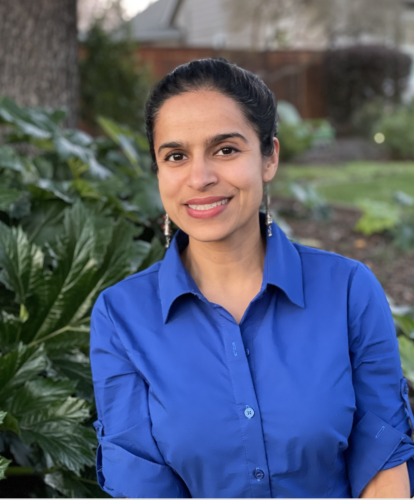
“When we look at the Punjab conflict with a gendered lens and when we ask, ‘Where are the women?’ we get more stories, more nuances, and more layers, overall.”
“I wanted to challenge the idea that there are only two sides of the Punjab conflict story – there are many sides and-complexities.”
“We’re at a place where we’re losing these stories very quickly. For the people who lived through these events, the memories are so fresh they think everyone knows them, but we don’t.”
“We need more intergenerational conversations. There are a lot of stories around us that just haven’t been written.”
On how some young men who have read the entire book only ask and remember the men and ignore the women: “We’ve been programmed to think in a way where, even when things are right in front of our face and visible, we succeed in making them invisible.”
“When talking about recent history we say ‘Singhs’. ‘Singhni’ doesn’t seem to roll off our tongues as easily even though we say it in our ardaas. We have the vocabulary to talk about 50% of the population but it’s something our community still struggles with.”
“In regards to the section where I asked how a woman dealt with her menstrual cycle in jail, a much older man said to me, ‘I’m ashamed that we never thought of these questions.’ Our community should know about things like that or like, ‘How did she breastfeed her 1 month old while herself undernourished?’ We’ve lost a lot of these stories because of the misplaced idea of where shame should be attached and what things we should or shouldn’t talk about publicly.”
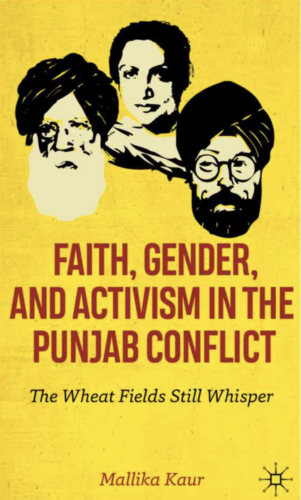
“The biggest compliment people think they can give Sikh women is how resilient we are, which is wonderful. But, that word has been corporatized and I’m sick of it. Also, just saying ‘resilience’ glosses over people’s experiences and trauma. Saying ‘just be in Chardi Kala’ fails to ask the question, ‘What does it take for someone to feel spiritually safe to get on the journey of Chardi Kala? Because Chardi Kala is a verb, it’s not a noun – it’s not a constant state of being.”
“All of these conversations were very inspirational for me….it felt like a story keeping and storytelling process. Hearing stories was exciting for me and took me to a state of Chardi Kala. It was a privilege collecting these stories and that’s why I felt compelled to share them with people.”
“Having a ‘Women’s Day’ or a ‘Women’s Farmers Day’ is cute, but it does nothing. For example, it’s good for a one day pampering but unless someone’s everyday reality is good and safe, these days and events can be hollow.
The Farmers Protest is a good example of how there have been opportunities to make changes and also how opportunities have been squandered. From day one, young and old women have been contributing to the protest and defied the world’s opinion on what women in India can do. But their basic safety, and issues surrounding sexual harassment and discrimination have not received the attention or correction that they should have received.
For a moment to be revolutionary, it has to truly be revolutionary for all people. So, when the women of the morcha demand that they should be applauded but, unfortunately, they have instead been seen as a threat. Some of these young girls have been called state agents for bringing attention to the sexual harassment they’ve expereinced at the morcha – that’s how people get pushed away and silenced.”
“We have to center women’s voices but also change the structure so the center is bigger – make the pie bigger. Right now, many of us are fighting for basic representation and space, but we can set our goals much higher.”
Notes
Check out the female jatha, Nabhae Vaaliyan Bibiyan.
“The Curious Feminist,” by Cynthia Enloe.
Gabriel García Márquez interview in The Paris Review.
About the Book
Punjab was the arena of one of the first major armed conflicts of post-colonial India. During its deadliest decade 1984-1994, as many as 250,000 people were killed. “Faith, Gender & Activism in the Punjab Conflict: The Wheat Fields Still Whisper” makes an urgent intervention in the history of the conflict, which to date has been characterized by a fixation on sensational violence—or ignored altogether. Mallika Kaur unearths countless stories of those who struggled to uphold basic human rights. She employs as vehicles of storytelling the life stories of three extraordinary people who found themselves at the center of Punjab’s hazardous human rights movement: Baljit Kaur, who armed herself with a video camera to record essential evidence of the conflict; Justice Ajit Singh Bains, who became a beloved “people’s judge”; and Inderjit Singh Jaijee, who returned to Punjab to document abuses even as other elites were fleeing. These three as joined by countless others as each Chapter delves into a case seminal to Punjab’s conflict story. Braiding oral histories, community history going back to 1839, personal snapshots, and primary documents recovered from at-risk archives, Kaur shows that when entire conflicts are marginalized, we miss essential stories: stories of faith, feminist action, and the power of citizen-activists.
About Mallika Kaur
Mallika Kaur is a lawyer and writer who focuses on human rights with a specialization in gender and minority issues. Kaur has worked with victim-survivors of gendered violence for two decades, including as an emergency room crisis counselor, expert witness on intimate partner violence and sexual violence, researcher, and attorney. In South Asia, Kaur has worked on a range of issues including farmer suicides, female feticide, and transitional and transformative justice. In the United States, she has worked on issues of post-9/11 violence, policing practices, political asylum, and racial discrimination. She’s practiced family law in California including as counsel at ADZ Law, a San Francisco Bay Area family law and victims’ rights firm.
Kaur received her Master in Public Policy from the Kennedy School at Harvard and JD from UC Berkeley Law School, where she currently teaches skills-based and experiential social justice classes. Kaur writes regularly for online and print media as well as academic publications; her work has been published in Foreign Policy, Washington Post, Ms. Magazine, and California Law Review, among others. She regularly trains lawyers as well as non-lawyers on cultural humility, elimination of bias, and negotiating trauma.
Mallika is a co-founder and Acting Executive Director of Sikh Family Center, the only Sikh American organization focused on gender-based violence. Working with local civil society, academic institutions, advocacy organizations, and government agencies, she combines research, advocacy, scholarship, and the law as an approach towards sustainable change.
Kaur is the author of the book Faith, Gender, and Activism in the Punjab Conflict: The Wheat Fields Still Whisper (Palgrave Macmillan, 2019). She believes what happens inside a home is intimately connected to what happens inside a community as a whole: since struggles are interconnected, commitment to justice must never be selective.

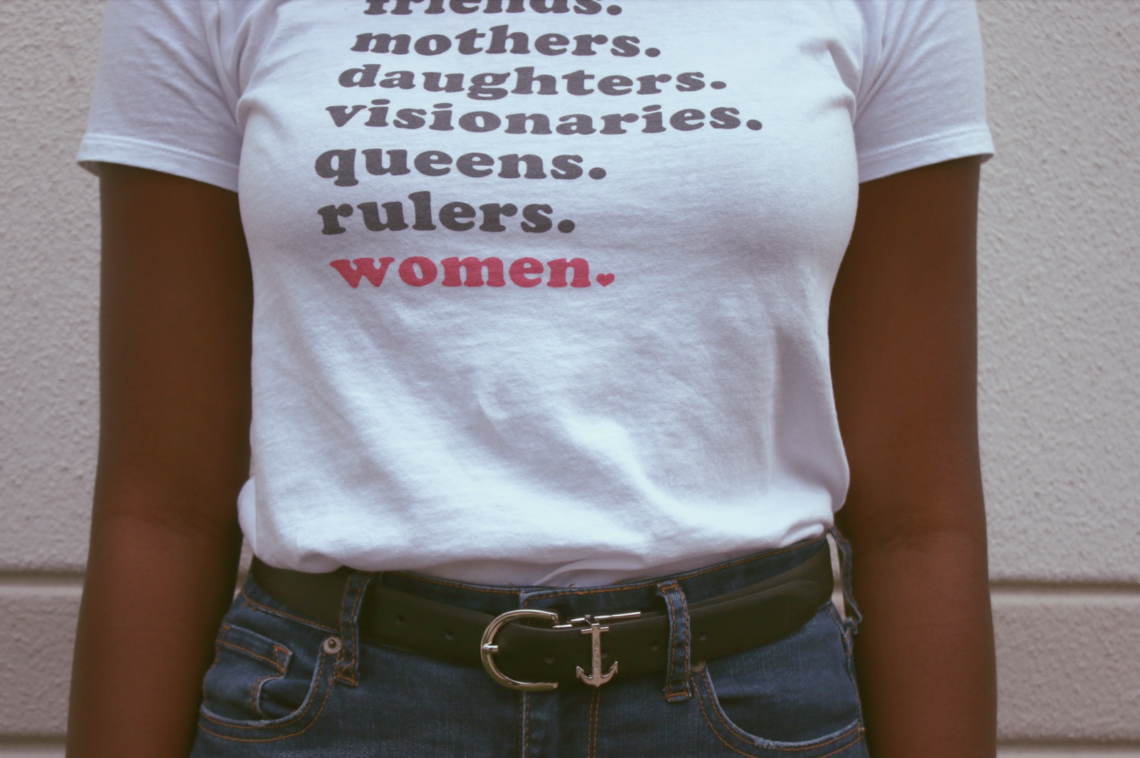
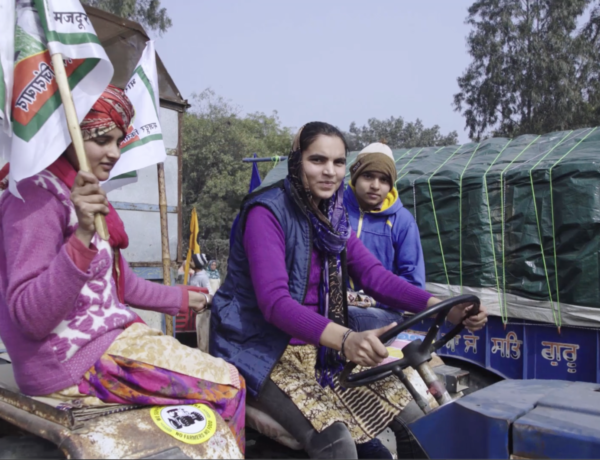

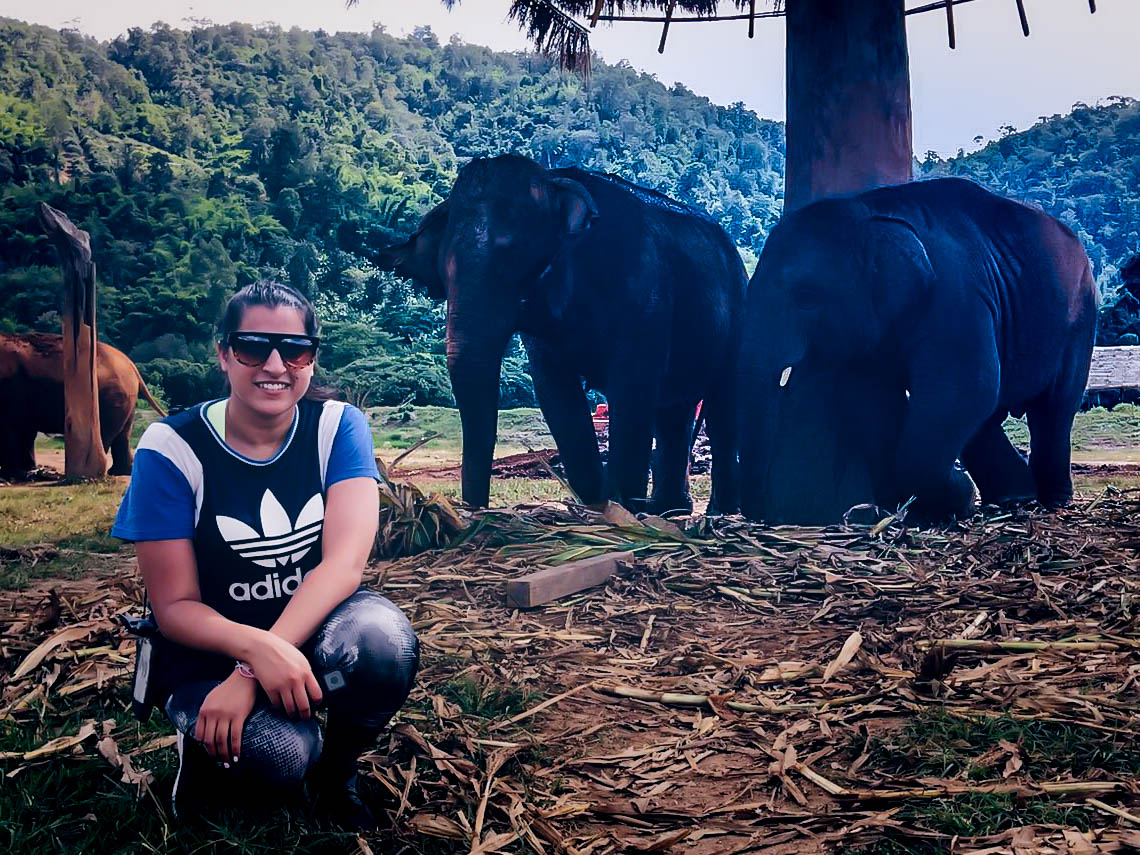
No Comments